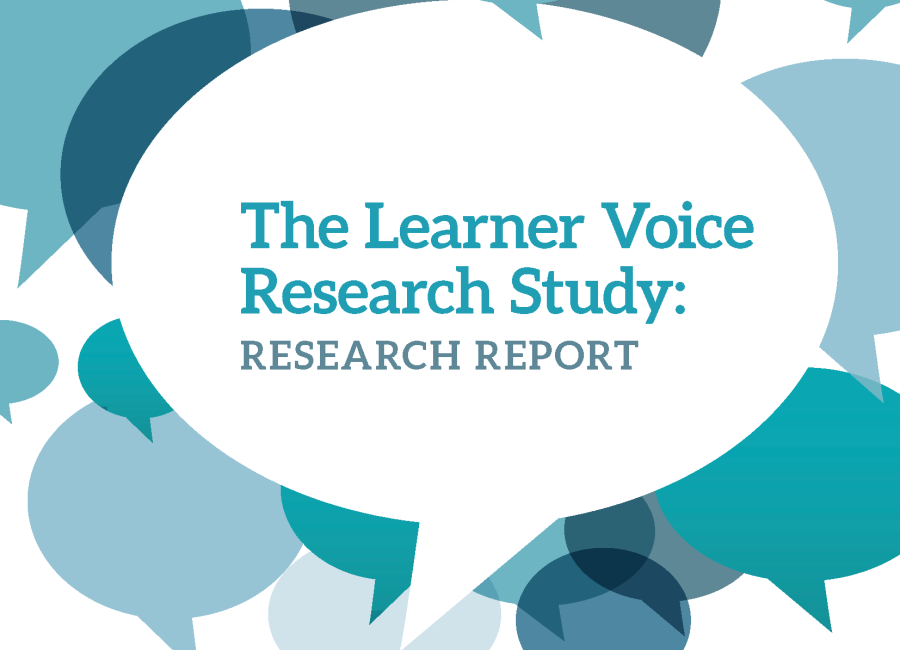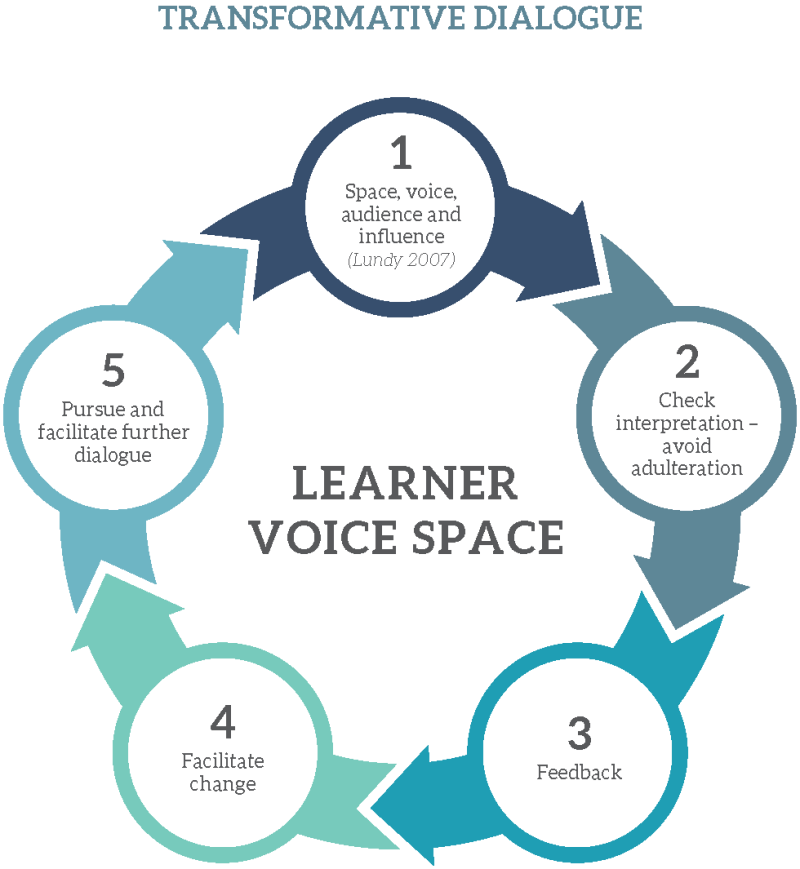

The Learner Voice Research Study
Dr. Paula Flynn from the School of Inclusive and Special Education conducted research on behalf of the National Council for Curriculum and Assessment (NCCA) with the following objectives:
- To facilitate a process of student consultation on the development of new junior cycle curriculum specifications
- To determine how to include student voice in education discourse for participating schools and the NCCA such that there is:
- an embedded culture of listening
- a strategy to support a sustainable structure and response to student voices
This report, which is entitled 'Embedding student voices in education discourse: Curricular co-construction and development' was published by the NCCA which is available to download. Paula shared the findings of this three year study in her keynote address on 13th December 2017 in Dublin Castle at the NCCA & JCT conference on Student Voice.

More than 350 students participated in the study across 20 geographically dispersed schools in the Republic of Ireland. Data collected from student insights in this study reflect national and international literature on the links between 'having a say' and wellbeing, identified most particularly in comments which link the sense of 'feeling valued' with being heard (Flynn, 2013; Simmons, Graham and Thomas, 2015). The importance of positive relationships between students and teachers was also highlighted as particularly significant (Smyth, 2015). Opportunities for students and teachers to share ideas and discover commonalities in aspirations and goals for learning, and the experience of the day-to-day school environment, provided tangible evidence of potential benefits in shared opportunities for communication, listening and being heard. The inherent challenge in fostering a climate of listening for students in education discourse is in the maintenance and progression of structures to ensure an authentic response to what has been heard. Embedding these structures as habitual practice will ensure a sustainable and credible approach to inter-generational dialogue, and a democratic, shared process in curricular and education reform.
